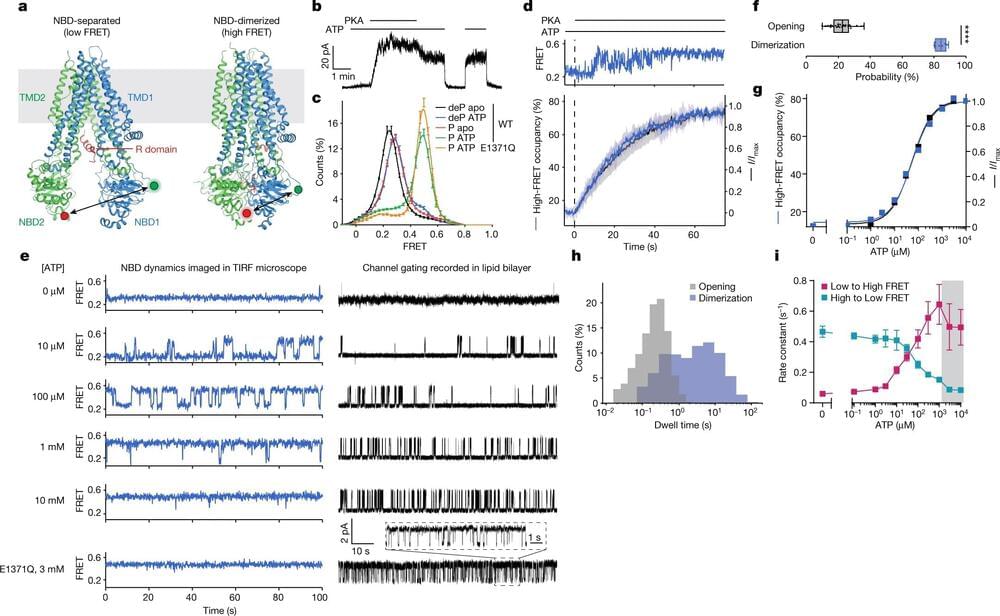Scientists at St. Jude Children’s Research Hospital and Rockefeller University have combined their expertise to gain a better understanding of the cystic fibrosis transmembrane conductance regulator (CFTR). Mutations in CFTR cause cystic fibrosis, a fatal disease with no cure.
Current therapies using a drug called a potentiator can enhance CFTR functions in some patients; but how the potentiators work is not well understood. The new findings reveal how CFTR functions mechanistically and how disease mutations and potentiators affect those functions. With this information, researchers may be able to design more effective therapies for cystic fibrosis. The study was published today in Nature.
Cystic fibrosis is a genetic disorder that causes people to produce mucus that is too thick and sticky. This can block airways and lead to lung damage as well as cause problems with digestion. The disease affects about 35,000 people in the United States. CFTR is an anion channel, a passageway that maintains the right balance of salts and fluid across epithelial and other membranes. Mutations in CFTR are what cause cystic fibrosis, but these mutations can affect CFTR function differently. Therefore, some drugs used to treat the disease can only partially restore function of specific mutant forms of CFTR.
